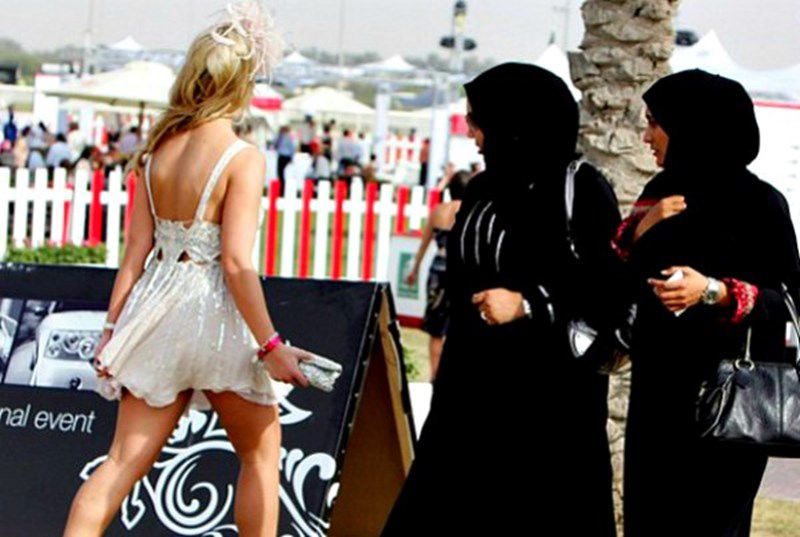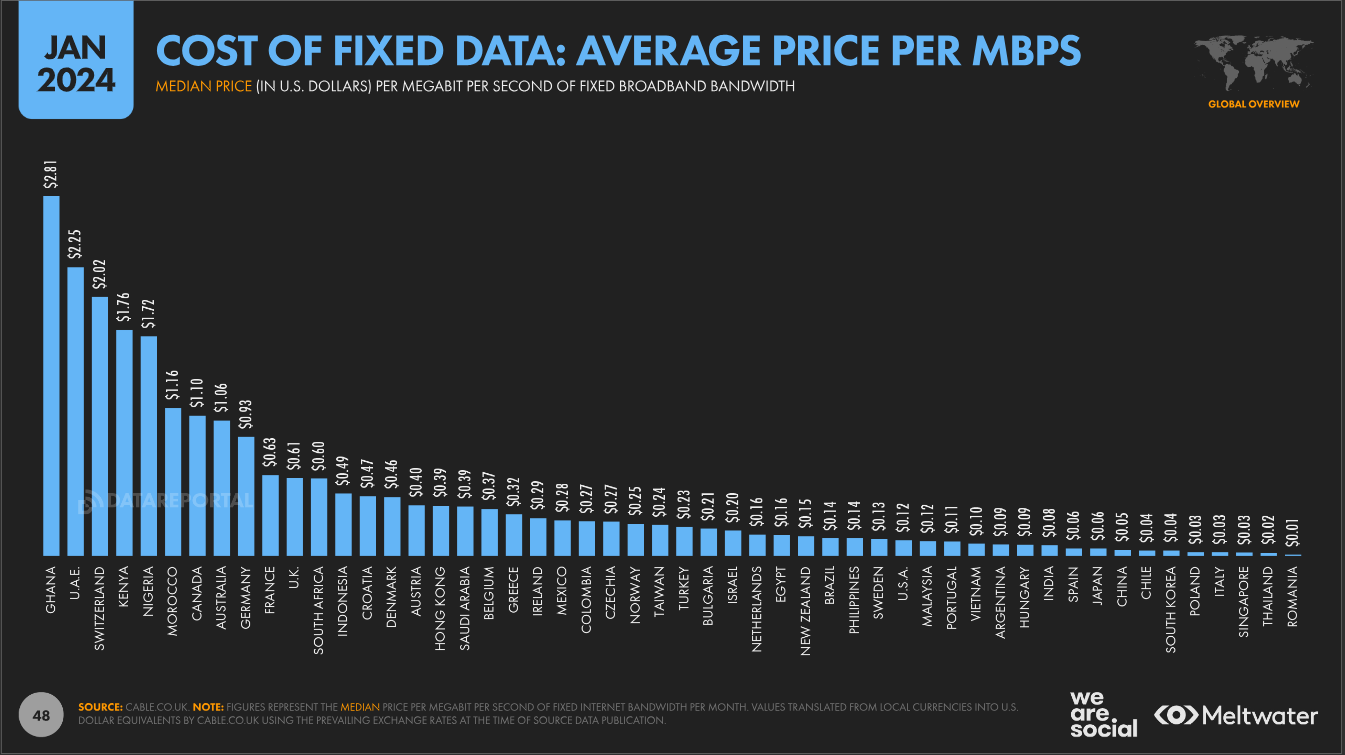
Dress codes serve as a lens through which a nation's cultural, religious, and political values are expressed and enforced. In some countries, these codes are not merely societal expectations but are mandated by law, affecting both citizens and visitors.
This article explores five nations renowned for their stringent dress regulations, examining the legal frameworks, cultural influences, enforcement mechanisms, and implications for locals and travellers.
1. Saudi Arabia
Saudi Arabia enforces strict dress codes rooted in Islamic law. Women are traditionally required to wear an abaya—a long, flowing black robe—and are expected to cover their hair with a hijab, especially in conservative areas like Riyadh and Mecca. Men must also dress modestly, typically in long trousers and shirts that cover the shoulders. Non-compliance can result in fines, deportation, or other legal consequences.
The dress code reflects the country's commitment to Islamic principles, emphasizing modesty and discouraging Western influences. While the Committee for the Promotion of Virtue and the Prevention of Vice (CPVPV) historically enforced these codes, their authority has been curtailed in recent years, with enforcement now persisting through other governmental bodies.
Reforms have introduced some flexibility, allowing women to forego the abaya in certain contexts, though modest dress remains expected. Tourists are advised to respect local customs, with women encouraged to wear modest clothing.
READ ALSO: University bans indecent dressing, introduces dress code for students and staff
2. Iran
In Iran, dress codes are legally mandated based on Islamic principles. Women must wear a headscarf (hijab) and loose-fitting clothing that covers their arms and legs. Men are expected to dress modestly, avoiding shorts and sleeveless tops in public. Violations can lead to fines or detention. Despite some public resistance, enforcement remains strict.
The dress code embodies the Islamic Republic's interpretation of modesty and societal norms. The Guidance Patrol, or morality police, enforces these regulations. Violations can result in fines, imprisonment, or mandatory re-education sessions. The state employs surveillance technologies, including facial recognition and mobile apps like Nazer, to monitor compliance.
Strict enforcement affects daily life, with women facing significant scrutiny. Tourists are also expected to adhere to these codes. Despite nationwide protests and calls for reform, the government has intensified enforcement measures, reinstating morality police patrols.
READ ALSO: 5 wellness habits you can engage in without spending any money
3. North Korea
North Korea imposes rigid dress codes to maintain conformity and suppress Western influences. Wearing jeans, dyed hair, or clothing with foreign logos is prohibited. The government regulates hairstyles, allowing only certain approved styles, and mandates regular haircuts. Women are discouraged from wearing trousers, and violations can lead to social penalties or punishment.
The regime enforces attire that aligns with its socialist values, discouraging individual expression. Violations can lead to public criticism sessions, fines, or more severe punishments. Citizens face strict monitoring, while tourists are briefed on acceptable attire and behavior. The government continues to enforce dress codes rigorously, with little indication of liberalization.
ALSO READ: 5 types of outfits you should not wear on a first date as a lady
4. Sudan
Sudan's dress codes are influenced by Islamic Sharia law. Women are expected to wear clothing that covers their arms and legs, often including headscarves in conservative areas. Wearing trousers or Western-style clothing can lead to fines or imprisonment. Men are also discouraged from wearing shorts or overly casual attire in public.
The Community Service Police serves as the Sudanese religious police. Originally called the Public Order Police, the enforcement agency was established in 1993 by President Omar al-Bashir. The Public Order Law was initiated by the Sudanese government in the state of Khartoum in 1992, and later applied to all states. The name was changed in 2006. The Community Service Police is in charge of enforcing regulations on certain personal behaviors, including indecent clothing, alcohol consumption, offensive acts and seduction, among others.
In June 2015, 10 female students were charged with indecent dress after exiting their church. All of the women were wearing long-sleeved shirts and either skirts or trousers. In December 2017, 24 women were arrested at a private gathering for wearing trousers. They were later released. Punishment can include flogging and the payment of fines. The Public Order Court, which handles such cases, is a parallel court system which exercises summary judgements.
5. France
France enforces laws that restrict certain types of clothing in public spaces. The burqa ban, implemented in 2011, prohibits full-face veils like niqabs and burqas in public places, including schools and government buildings. Violators may face fines or be required to attend classes on French values. The law has been a subject of debate, with critics arguing it limits freedom of expression for Muslim women.
The law is grounded in the French principle of laïcité, or secularism, aiming to maintain religious neutrality in public life. The law imposes a fine of up to €150, and/or participation in citizenship education, for those who violate the law. The bill also penalises, with a fine of €30,000 and one year in prison, anyone who forces (by violence, threats or by abuse of power) another to wear face coverings; these penalties may be doubled if the victim is under the age of 18. The Constitutional Council of France declared the ban constitutionally valid on 7 October 2010, clearing the final legal obstacle for the law, but the law was designed to come into force after the elapse of six months from the day of its publication in the Journal Officiel.
Comparative Analysis
Across these countries, dress codes are often justified by appeals to religious or ideological purity, national identity, or public order. While countries like Iran and Saudi Arabia enforce religiously motivated dress codes, France's regulations stem from secular principles. Strict dress codes can impact gender equality, personal freedoms, and social integration, often leading to domestic and international criticism.
READ ALSO: Step by step guide on how to dress for a black tie event (Men and Women)
























Facebook
Twitter
Pinterest
Instagram
Google+
YouTube
LinkedIn
RSS